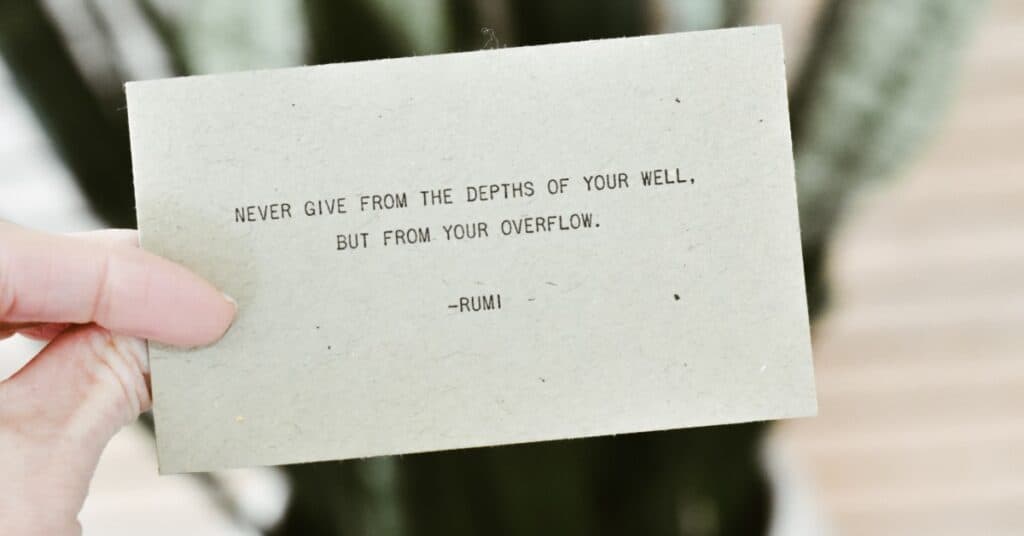10 Simple Self-Care Methods
Amanda Ann Gregory, LCPC, EMDR Certified Self-care has become a phenomenon. We hear about the importance of self-care everywhere we turn. You might know the self-care methods of your loved ones or of your favorite celebrity. But do you know what self-care practices work best for you? Self-care isn’t a one-size-fits-all approach. Something that works…
Read More7 Communication Skills to Use During Conflicts
Amanda Ann Gregory, LCPC, EMDR Certified Would you rather avoid conversations which may involve conflict? If so, you’re not alone. Conversations involving conflict can be intimidating and difficult. Yet, it’s important that we participate in these discussions, as conflict is a natural ingredient of a healthy relationship. It might be easier for you to engage…
Read MorePhrases to Use When Giving Your Therapist Negative Feedback
Amanda Ann Gregory, LCPC, EMDR Certified Your therapist isn’t perfect and is sure to mess up in one way or another. When something isn’t going right, it’s important to address it with your therapist by providing them with direct feedback. Sharing your concerns can strengthen your relationship with your therapist, help get your treatment back…
Read MoreStrategies to Quit Worrying
Danielle Bertini Many people know all too well the feeling of joy from something positive in their life being contaminated by the stress of feeling like it’s only a matter of time before the pendulum would swing the other way. Unfortunately, this is a very common occurrence. When driven people care about something and finally…
Read MoreTrue Awakenings: The Process and How to Heal
Have you ever experienced an earth-shattering moment in your life, one that made you question who you are, or reevaluate your belief systems? Perhaps you’ve had an experience close to that – like a “wake up call”, a moment that made you act on healthier changes in a rapid way. Or, perhaps you’ve been trying…
Read MoreHow to Spark Inspiration at Work
Hannah Hopper Do you ever have those days where work feels completely overwhelming to the point where you aren’t able to get anything done? Maybe it’s the long meetings going over the same project again and again, that one really difficult email that you don’t want to reply to, or the boss or client who…
Read MoreSaying “No” at Work
Danielle Bertini Saying no to people is never an easy task, and when you add in the factor of work it becomes even more daunting. As important as it is to say no, many of us feel dread when we have to do it. Saying no can be especially difficult because we treat agreement as…
Read MoreIs Compassion the Antidote to Anxiety?
Anxiety, the most common mental health struggle in the U.S, can be debilitating and influence all areas of the individual’s life. It can manifest both mentally and physically making individuals feel unsafe and uneasy. Anxiety affects over 25% of children ages 13-18 and over 40 million adults. The increase of technology has also increased mental…
Read MoreBreaking Your Workaholic Habits
Many people tie their value to performance at work, and that mindset builds pressure that pushes them into patterns that feel productive yet drain energy fast. Work often takes up a considerable part of life, and the drive to excel can pull focus away from health and relationships. When these habits run the show, the cycle can…
Read MoreHow to Communicate with Parents/Families of a Different Culture
Marriage has been around for a very long time, but now interracial marriages are becoming more common than before. People are more open with expanding their horizons and meeting people of different cultures and also starting families with them. In marriage, often times, not only is one person marrying another, the concept of families connecting…
Read More









